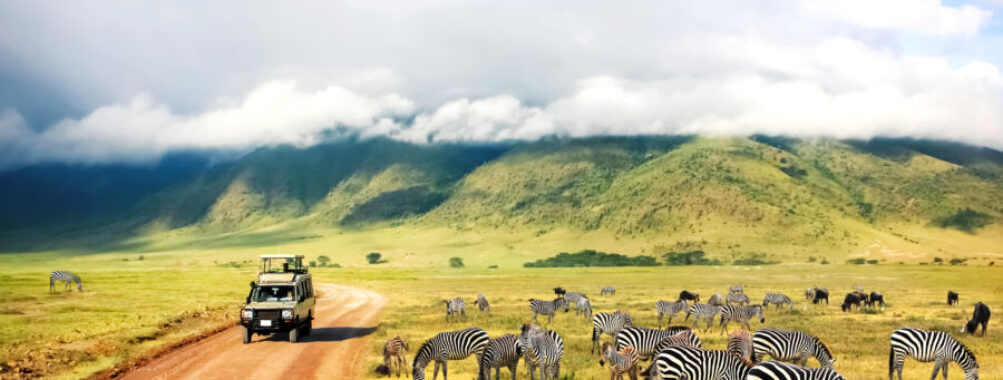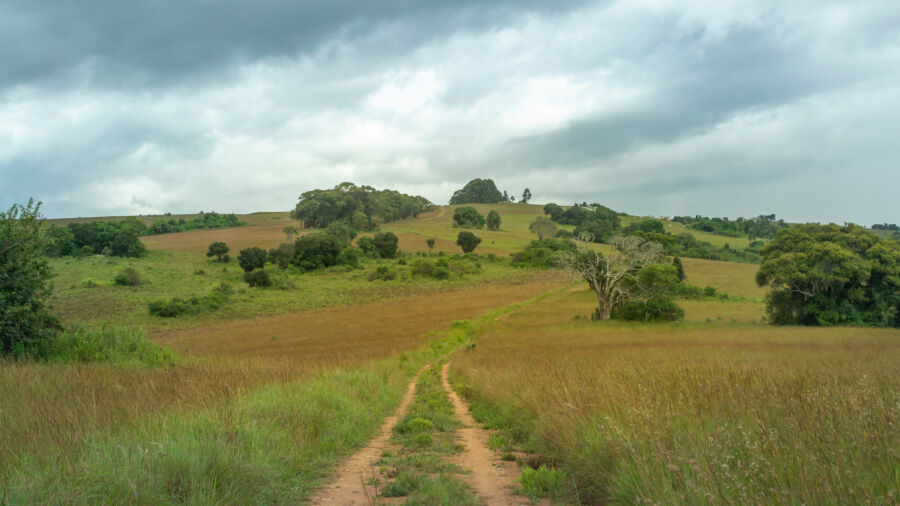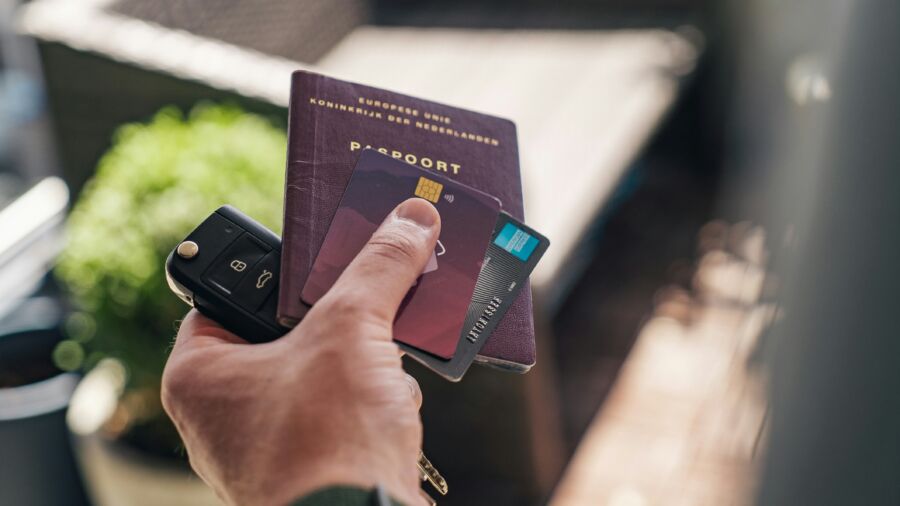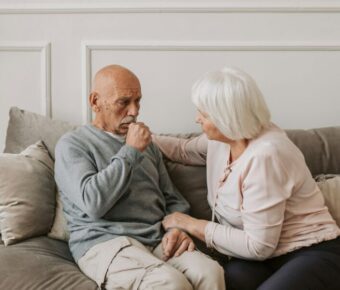
Ghana Trip Cost Under $1000: 7-Day Adventure Awaits
Planning a trip to Ghana? You’re in for an amazing adventure in West Africa! Ghana offers rich culture, stunning landscapes, and friendly people. But how much will your trip cost? A typical one-week trip to Ghana for two people costs around $3,000 to $6,000, including flights, accommodation, food, and activities.
Ghana has something for every budget. You can stay in basic guesthouses and eat local food for $50 a day. Or splurge on luxury resorts and fine dining for $200+ daily. Most travelers fall somewhere in between. Your biggest expenses will be flights ($1,000-$2,000 per person) and accommodation ($50-$150 per night).
Once you’re there, Ghana is pretty affordable. You can get around cheaply by tro-tro (minibus) or taxi. Street food costs just a few dollars. Entry fees for attractions are low. With some smart planning, you can have an amazing Ghana trip without breaking the bank.
Contents
Key Takeaways
- Budget $3,000-$6,000 for a week in Ghana for two people
- Flights and hotels are the biggest costs, but daily expenses are low
- You can travel comfortably on $100-$150 per day per person in Ghana
Planning Your Itinerary
Making a good plan for your Ghana trip is key. You’ll want to pick places that fit your interests and budget. Let’s look at how to choose where to go and how long to stay.
Choosing Your Destinations
Ghana has so much to see! Start with the must-visit spots like Cape Coast Castle and Kakum National Park. These places give you a mix of history and nature. Cape Coast Castle tells the sad story of the slave trade. At Kakum, you can walk on treetop bridges high above the forest floor.
Don’t forget Ghana’s national parks. Mole National Park is great for seeing elephants up close. If you like beaches, head to the coast. Labadi Beach near Accra is popular, but there are quieter spots too.
Pick 2-3 main areas to focus on. This helps you spend less on travel between places. You might choose Accra, Cape Coast, and Kumasi for a good mix of city and culture.
Duration of Stay
How long should you stay in Ghana? A week gives you a taste, but two weeks is better. With one week, you can see Accra, Cape Coast, and maybe Kumasi. Two weeks lets you add in some beach time or a trip to a national park.
If you have a whole month, you can really dig deep. You’ll have time to volunteer, take language classes, or just live like a local for a while. A longer trip also means you can spread out your costs more.
Remember, travel in Ghana can be slow. Don’t try to pack too much into each day. Give yourself time to enjoy the laid-back vibe and chat with locals. It’s part of what makes Ghana special!
Estimating Travel and Accommodation Costs

Figuring out your Ghana trip budget means looking at flights, places to stay, and ways to save. Let’s break down the main costs you’ll face when planning your adventure.
Flight Costs
Getting to Ghana can be pricey, but with some planning, you can find deals. Flights from the US or Europe to Accra usually cost $800 to $1,500. Prices go up during peak times like Christmas and summer. To save money, try booking 2-3 months ahead. Look for deals on flight search sites and be flexible with your dates.
Sometimes, flying to a nearby country and taking a short hop to Ghana can be cheaper. Check prices to Lagos, Nigeria or Abidjan, Ivory Coast. Don’t forget to factor in visa costs – about $60 for most visitors.
Accommodation Options
Ghana offers lodging for all budgets. In Accra, expect to pay $30-50 per night for a basic hotel room. Nicer hotels in good areas cost $80-150. Hostels are cheaper at $10-20 per night.
Outside the capital, prices drop. You can find guesthouses for $15-30 in smaller towns. For a splurge, beachfront resorts run $100-200 per night.
Booking sites often have good deals, especially in low season. Don’t be afraid to haggle at smaller places – you might get a discount for longer stays.
Savings on Long-Term Stays
If you’re staying a while, look into renting an apartment or house. Monthly rates can be much cheaper than hotels. In Accra, expect to pay $400-800 per month for a decent furnished place. Smaller cities are cheaper.
Airbnb and local rental sites have lots of options. You might even find places with weekly rates that beat nightly prices. Having a kitchen lets you save on food costs too.
For really long stays, consider house-sitting or volunteering in exchange for lodging. It’s a great way to live like a local and stretch your budget.
On-The-Ground Expenses

Once you arrive in Ghana, you’ll need to budget for daily costs like getting around, meals, and activities. These expenses can add up quickly, so it’s important to plan ahead.
Transportation Within Ghana
Getting around Ghana can be an adventure in itself. Taxis are common in cities, but always negotiate the fare before hopping in. Expect to pay around $2-5 for short trips. For longer journeys, cheap car rental options are available, starting at about $30-50 per day.
Tro-tros, Ghana’s shared minibuses, are the cheapest way to travel. They cost less than $1 for short trips but can be crowded and slow. For longer distances, consider VIP buses. A 5-hour journey might set you back $10-15.
If you’re short on time, domestic flights between major cities like Accra and Kumasi cost $50-100 one-way. Keep in mind that schedules can be unreliable.
Daily Budget for Meals
Food in Ghana is tasty and affordable. Street food is your cheapest option, with dishes like kelewele (spiced fried plantains) costing less than $1. A plate of jollof rice from a local spot might be $2-4.
Mid-range restaurants serve larger portions of traditional dishes for $5-10 per meal. Expect to pay $15-25 for dinner at upscale places in Accra.
To save money, try local “chop bars” where you can get filling meals for $3-5. Don’t forget to budget for water – it’s hot, and you’ll need to stay hydrated!
Activity Costs
Ghana offers a mix of free and paid attractions. Visiting markets or relaxing on beaches won’t cost you anything. Museums like the National Museum of Ghana charge about $5-10 for entry.
For more adventurous activities, book things to do in advance to save money. A day trip to Cape Coast Castle, including transport, might cost $50-80. Safaris in Mole National Park start around $30 for a guided walk.
Cultural experiences like drumming lessons or cooking classes range from $20-50. If you’re interested in travel tours, group options can help cut costs. A full-day Accra city tour might be $60-100 per person.
Budget Travel Tips

Want to explore Ghana without breaking the bank? Here are some money-saving tricks to make your trip more affordable:
Stay in hostels or guesthouses instead of pricey hotels. You’ll find plenty of budget-friendly options in major cities like Accra and Kumasi. Some hostels cost as little as $10-15 per night.
Eat like a local at street food stalls and small chop bars. You can get tasty Ghanaian dishes for just a few dollars. Try fufu, jollof rice, or kelewele for cheap and delicious meals.
Use tro-tros (minibuses) to get around. They’re much cheaper than taxis and a great way to experience local life. A typical tro-tro ride costs less than $1.
Visit free attractions like Labadi Beach in Accra or hike in Kakum National Park. Many museums also have low entry fees of $2-5.
Travel during the low season (May-September) for cheaper flights and accommodation. You could save hundreds on airfare alone.
Bargain at markets and with taxi drivers. It’s expected and can help you get better prices on souvenirs and transportation.
Bring a reusable water bottle and treat tap water instead of buying bottled water. This small change can save you $5-10 per day.



